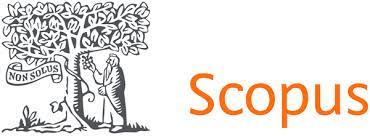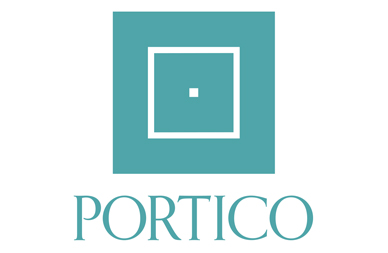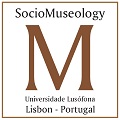Social museology and the pandemic: actions and interactions of two community-based museums in the state of Rio de Janeiro
Abstract
This article presents the actions of two community-based museums inserted in the Rio de Janeiro Social Museology Network (REMUS-RJ) - the Living Museum of São Bento, in the municipality of Duque de Caxias, and the Removals Museum, in the West Zone from the city of Rio de Janeiro - throughout the first year of the COVID-19 pandemic, from March to December 2020, in the context of museum operating restrictions around the world. The analysis takes into account reflections on the conceptual and practical transformations of the museum field in recent decades, which led to the development of Social Museology, and observes how, in the face of the pandemic, these museums acted to ensure continuity of access to their collections. The research consisted of a qualitative analysis of the content published on social media and other digital platforms and interviews with representatives of the studied museums, observing interactions with the public in these media and the reach provided by these tools. These observations point to the importance of these museums as examples of effective application of public policies and of acting as innovative devices, with the potential to spill over into the museum field as a whole, providing greater visibility to counter-hegemonic agendas. Given the uniqueness of the pandemic moment, the documentation of these experiences can serve as a basis for new analyzes about the social role of museums in building plural and egalitarian societies.
Keywords: Brazil; COVID-19; Community Museums; Sociomuseology;
Downloads
Authors retain copyright and grant the journal right of first publication with the work simultaneously licensed under aCreative Commons Attribution License that allows others to share the work with an acknowledgement of the work's authorship and initial publication in this journal.













